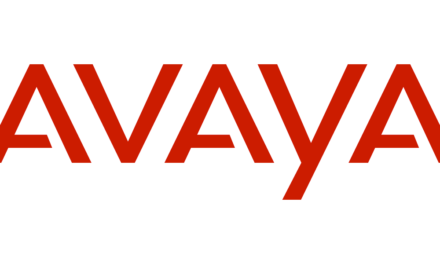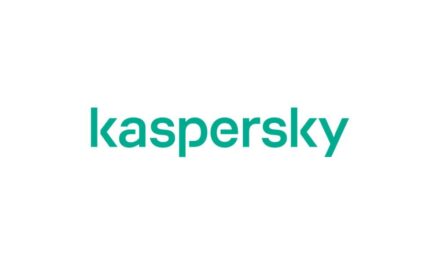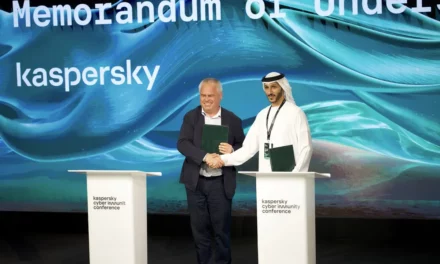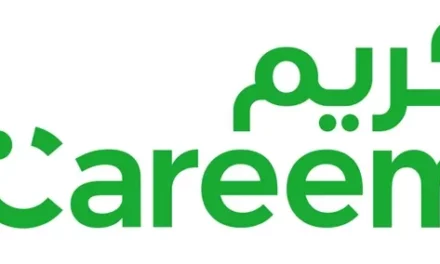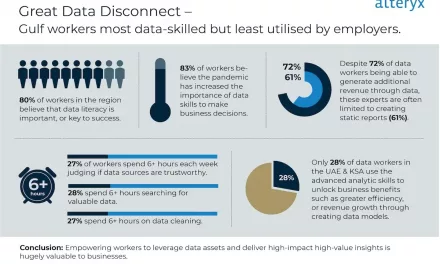
Tally Solutions hosts ‘Bahrain VAT Summit’ to discuss VAT implementation and compliance in the next half year of 2019

Tally Solutions, a leading international accounting and compliance software provider, recently hosted a summit on value-added tax (VAT) in Bahrain as part of its ongoing efforts to raise awareness of businesses on the country’s new taxation system.
The recently concluded ‘Bahrain VAT Summit’ at the Sheraton Bahrain Hotel featured renowned VAT and technology experts, who shed light on the changes that had taken place in the country six months after the implementation of the VAT law. They also tackled the proposed steps that could be taken in the remaining half of 2019 to ensure correct and timely VAT compliance and implementation.
Guest speaker Manu Nair, CEO of the Emirates Chartered Accountants Groups, discussed the key reforms rolled out at the national level during the first 180 days of VAT implementation and their subsequent business impact. Further, Nair highlighted the expectations in the next 180 days of VAT to help companies prepare better.
The attendees consisted of VAT-registered businesses with queries around the new law; companies that were planning to register voluntarily; and enterprises with questions about the registration requirements for the second and third phases of VAT deployment.
Mr. Vikas Panchal, Business Head- Middle East, Tally Solutions said, “The latest ‘Bahrain VAT Summit’ is a part of our ongoing information campaign in the country to raise awareness about the new VAT law. Through the summit, we aim to educate participating SMEs on various aspects of Bahrain VAT and assess the developments, opportunities, and challenges over the past six months under the new tax regime, as well as talk about what we could further do to overcome obstacles in the remaining half of 2019.”
“We have achieved a milestone, but there is still more room for improvement in terms of business compliance. The ‘Bahrain VAT Summit’ was organized to help improve this compliance level by underscoring the significance of shifting to cost-effective automated solutions,” he added.
To further explain the taxation system and address concerns, the summit conducted a panel discussion that featured Mr. Nair and Mr. Panchal. Hasan Al Rahma joined them, Board Member of Bahrain Development of Small & Medium Enterprises Society (BDSME) and Member of Hospitality and Tourism Committee in Bahrain Chamber of Commerce & Industry (BCCI); Chartered Accountant Mahesh Kumar, Vice Chairman of the Institute of Chartered Accountants of India (ICAI) Bahrain Chapter; and Vikas Panchal, Business Head of Tally Solutions in the Middle East.
The panelists underscored the importance of automation and information technology (IT) solutions for smoother transition processes and procedures that adhere to the new law. The discussion focused on VAT-compliant and modern enterprise resource planning (ERP) software developed to help promote business efficiency, improve compliance and enhance productivity.
Highlighting the learning Bahrain can gain from UAE and KSA, Mr. Hasan Al Rahma, Board Member of BDSME, Member of BCCI shared, “Bahrain is the third GCC country to implement VAT after the UAE and Saudi Arabia. One overriding challenge observed in both the UAE and Saudi Arabia was that businesses typically underestimated the scope and level of effort required to implement VAT. Combining dealing with a new tax and meeting the required significant business and system changes put a lot of pressure on companies to adapt. To their credit, most organizations got there in the end, but as according to surveys, 77 percent of small and medium enterprises felt that they could have started the process at least three months earlier.”
The same survey also revealed that 90 percent of those in the consumer business sector found that it took them longer than three months to prepare for VAT and, more concerning, all in the technology sector said it took them longer than six months.
In the case of ERP, many struggled in identifying whether their systems would be able to cope with the new taxation law. Their common issues included old or legacy systems that were not supported and where ‘patches’ or upgrades could not be easily applied.
“Simplicity and optimization are main keys,” Hasan Al Rahma continued. “It’s important to start with ensuring that SME business owners and decision-makers have a strong understanding of their business processes and objectives of each to ensure a smooth automation transformation. Besides, simplicity of the selected software solution is vital to reduce compliance risk.”
“Our vision is derived from Bahrain Economic Vision 2030. BDSME aims to enable SMEs and innovation and give local businesses the tools to flourish in Bahrain and possibly expand in other regions. Because Tally Solutions are active in many countries across the MENA, they offer tremendous value in offering previous experience and best practices for SMEs. Therefore, Tally Solutions and (BDSME) agreed to join efforts in spreading awareness amongst SMEs by offering regular VAT training and workshops in the upcoming months”, he added.
Furthermore, businesses faced uncertainty regarding VAT provisions. For instance, in the real estate sector, 64 percent cited the lack of knowledge of the VAT rules as a factor delaying their implementation. As per the study, it was difficult for many businesses to finalize their IT systems’ VAT-related accounting changes until late in the project.
Based on the UAE and Saudi Arabia experiences, the participating experts suggested that businesses in Bahrain, as a first step, should employ a simple risk management approach to understand the likely impact of VAT on their operations and determine the constraints in terms of successful VAT compliance and implementation. According to them, businesses might make the same mistakes as others before they have made without this foundation.
The panelists pointed out that training all employees across divisions, not just the finance department, is critical when migrating to advanced solutions. This is a key pillar of proper VAT compliance alongside having a reliable IT infrastructure and a modern record-keeping system to avoid any issue. If necessary, companies could also tap professional consultants’ services to perform an impact assessment and help set their business processes.
“SMEs, however, have a common perception that ERP is best suited for large-scale industries only due to high cost of ownership, the complexity of implementation, and subsequent maintenance cost, which is commonly known as the ‘big white elephant.’ However, as technologies continue to evolve over the last decade, advanced tools have become simpler and more accessible. For example, ready-to-use, off-the-shelf ERP packages with shortened implementation phase will soon be introduced to the market. SMEs will now have access to these cost-efficient technologies that will allow them to become a leaner and more efficient organization,” Hasan Al Rahma concluded.
During the summit, Tally Solutions also took the opportunity to explain its VAT-compliant solution led by its country head, Mr. Nandaraja Shetty. The company is an accounting solutions provider that helps businesses achieve tax compliance, manage records and bookkeeping in a timely and effective manner. Trusted by nearly 2 million businesses globally, Tally Solutions includes a vast list of satisfied clients across GCC.





